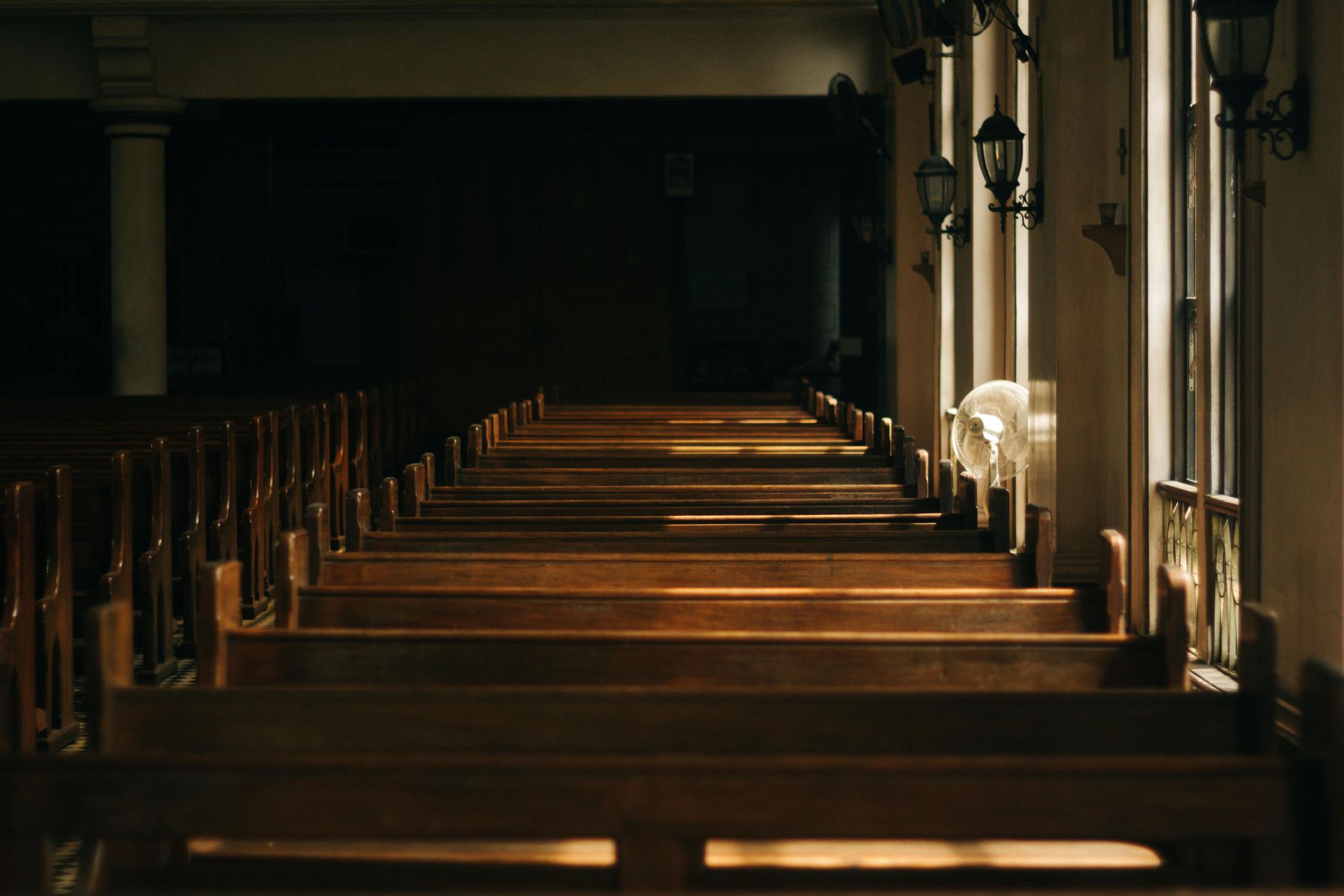Multi-Faith End-of-Life Services in Halifax: Finding Culturally Appropriate Care

Halifax, Nova Scotia, is a city defined by its cultural diversity and inclusivity. This richness is reflected in the multi-faith end-of-life services available to residents, which honor the religious and spiritual traditions of various communities. Finding culturally appropriate care during these profound moments can provide solace and respect for the beliefs of individuals and families. This guide explores the options, customs, and resources for multi-faith end-of-life services in Halifax.
1. Importance of Multi-Faith End-of-Life Care
End-of-life care is deeply personal, encompassing not only medical and emotional support but also spiritual and cultural needs. Multi-faith services in Halifax aim to:
- Respect diverse beliefs and traditions.
- Provide spiritual guidance and rituals tailored to the individual.
- Foster a sense of community and dignity during a challenging time.
Benefits:
- Promotes inclusivity and cultural understanding.
- Helps families navigate the complexities of religious and spiritual practices.
- Encourages collaboration between healthcare providers and faith leaders.
2. Key Religious Traditions and Practices
Christianity
As the predominant religion in Halifax, Christian end-of-life services often include rituals like last rites, prayers, and scripture readings.
- Catholic Traditions: Administering the sacrament of the Anointing of the Sick, holding funeral Masses, and interring in consecrated ground.
- Protestant Practices: Memorial services often focus on celebrating the deceased’s life, with hymns, eulogies, and scripture readings.
Islam
For Halifax’s Muslim community, end-of-life care adheres to Islamic law (Sharia), which emphasizes:
- Ritual Washing (Ghusl): Preparing the body for burial.
- Simple Burial: Interment in a grave aligned toward Mecca.
- Community Prayers (Salat al-Janazah): Conducted at the mosque or cemetery.
The Ummah Mosque and Community Center in Halifax provides guidance and support for Muslim families.
Judaism
Jewish end-of-life practices in Halifax are guided by the principles of Kavod HaMet (honoring the dead) and Nichum Aveilim (comforting the mourners).
- Chevra Kadisha: A sacred burial society that performs ritual washing and dressing.
- Shiva: A seven-day mourning period during which family and friends provide support.
- Simplicity: Funerals and burials avoid excessive displays, reflecting humility and equality in death.
Buddhism
Buddhist practices emphasize mindfulness and preparing the mind for rebirth. Halifax’s Buddhist community follows traditions such as:
- Chanting and Prayers: Conducted by monks or community members.
- Peaceful Passing: Creating a serene environment for the dying individual.
- Offerings: Incense, flowers, and food are offered to honor the deceased.
Hinduism
Hindu end-of-life rituals focus on the soul’s journey to moksha (liberation). Key practices include:
- Cremation: Considered essential for releasing the soul.
- Mantras and Prayers: Recited to guide the soul to the afterlife.
- Immersion of Ashes: Traditionally performed in sacred rivers, though adaptations are made locally.
The Vedanta Ashram Society in Halifax assists with Hindu funeral arrangements.
Indigenous Traditions
Mi’kmaq end-of-life practices reflect a deep connection to nature and the spiritual world.
- Smudging Ceremonies: Use of sacred herbs for purification.
- Drumming and Singing: Guiding the spirit on its journey.
- Natural Burial: Often in locations of spiritual significance.
Collaboration with Elders ensures that these traditions are honored.
3. Integrating Multi-Faith Practices in Healthcare
Healthcare providers in Halifax are increasingly recognizing the importance of integrating spiritual care into end-of-life services.
Spiritual Care Services:
- Chaplaincy Programs: Hospitals like the QEII Health Sciences Centre offer multi-faith chaplaincy services.
- Cultural Competency Training: Ensures that healthcare staff are equipped to address diverse needs.
- Advance Care Planning: Encourages patients to outline their religious preferences.
Palliative Care Centers:
Organizations such as Hospice Halifax provide holistic end-of-life care, incorporating spiritual support for families of all faiths.
4. Funeral Homes Offering Multi-Faith Services
Halifax’s funeral homes cater to diverse religious traditions, ensuring respectful and personalized services.
Recommended Providers:
- Atlantic Funeral Homes: Experienced in accommodating various cultural and religious needs.
- Snow’s Funeral Home: Offers tailored services for multi-faith communities.
- J.A. Walker Funeral Home: Specializes in integrating traditional and contemporary practices.
These funeral homes work closely with families and faith leaders to honor specific customs.
5. Community Resources and Support
Numerous organizations in Halifax provide resources for multi-faith end-of-life care, helping families navigate this emotional journey.
Faith-Based Organizations:
- Halifax Multi-Faith Initiative: Promotes understanding and collaboration among religious groups.
- Local Mosques, Synagogues, and Temples: Offer guidance on religious practices and ceremonies.
Educational Resources:
- Workshops and Seminars: Hosted by organizations like the Canadian Virtual Hospice to educate about multi-faith end-of-life care.
- Books and Guides: Resources such as "Final Journeys" by Maggie Callanan provide practical insights.
Grief and Bereavement Support:
- Support Groups: Offered through community centers and religious organizations.
- Counseling Services: Many chaplains and faith leaders provide individual or family counseling.
6. Challenges and Opportunities
Challenges:
- Miscommunication: Lack of understanding about specific religious practices can lead to unintentional disrespect.
- Resource Limitations: Not all communities have easy access to culturally specific services.
- Balancing Tradition and Modernity: Families may struggle to reconcile traditional practices with contemporary realities.
Opportunities:
- Education and Awareness: Increased training for healthcare providers and funeral directors can bridge gaps.
- Community Collaboration: Multi-faith initiatives foster dialogue and mutual support.
- Innovation in Services: Virtual memorials and digital planning tools offer new ways to honor traditions.
7. Planning a Multi-Faith End-of-Life Service
Organizing an end-of-life service that respects multiple traditions requires thoughtful planning and collaboration.
Steps:
- Consult Faith Leaders: Engage religious leaders early to ensure customs are followed.
- Communicate Preferences: Clearly outline cultural and spiritual needs with healthcare providers and funeral homes.
- Involve the Community: Seek support from local faith-based organizations.
- Personalize the Service: Incorporate elements that reflect the deceased’s beliefs and values.
Halifax’s multi-faith end-of-life services highlight the city’s commitment to honoring diversity and inclusivity. By understanding and respecting these varied traditions, families and communities can ensure a dignified and meaningful farewell for their loved ones. With resources and support available across the city, finding culturally appropriate care has never been more accessible.




